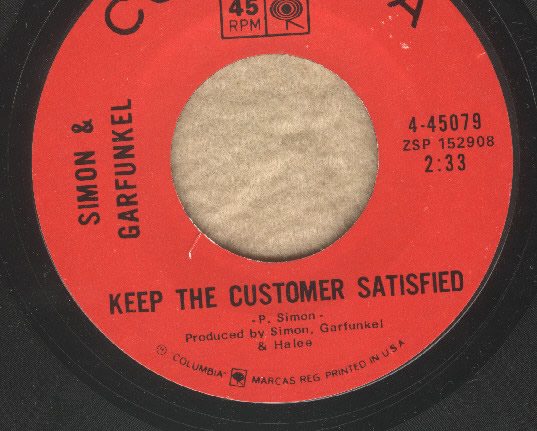Category: Epidemiology

Worms, Germs, and Dirt: What Can They Teach Us About Allergies and Autoimmune Diseases?
Can infection by bacteria, viruses, and parasites cure us of autoimmune diseases, allergies, and other immune system dysfunctions? There is some preliminary evidence, but the jury is still out on a very complex case.
One Flu Into the Cuckoo’s Nest
“I don’t seem able to get it straight in my mind….” ― Ken Kesey, One Flew Over the Cuckoo’s Nest Influenza is going gangbusters at the moment. I like going to Google Flu trends as well as the CDC flu site to see what flu is doing. Using Google searches as a surrogate for infections is an interesting technique that public health...
The Sweetener Wars – HFCS Strikes Back
The health conscious and trendy public are a bit obsessed with the food they consume. This can be a good thing, to the extent that it results in a more healthful diet, but unfortunately those interested in improving their diet must wade through a great deal of misinformation before getting to accurate and helpful information. For example, I recently gave a lecture...
Science, Evidence and Guidelines
Disclaimer: I am a paid Medscape blogger and writer, and since they are in part supported by advertisements from the Pharmaceutical companies, indirectly I am in the thrall of Big Pharma. I found Harriet’s post on the Medscape Connect topic of How do you feel about Evidence-Based Medicine? interesting. I wondered about the breakdown of the comments by both specialty and opinions...

Dental X-rays and Brain Tumors — Oh My!
Fear sells, and the media loves it. If it’s scary, no matter how tenuous the link or inconclusive the study, you are going to see it on the news. How many times over the years have you heard that your cell phone might give you brain cancer, even though it never turns out to be true? Once such a claim is made,...
Gold mine or dumpster dive? A closer look at adverse event reports
All informed health decisions are based on an evaluation of expected risks and known benefits. Nothing is without risk. Drugs can provide an enormous benefit, but they all have the potential to harm. Whether it’s to guide therapy choices or to ensure patients are aware of the risks of their prescription drugs, I spend a lot of time discussing the potential negative consequences of...

Keeping the customer satisfied
These days patient satisfaction is becoming more and more important in judging how well hospitals and physicians are doing. Indeed, Medicare reimbursements are linked in part to a patient satisfaction survey administered by the government. The underlying assumption is that patient satisfaction correlates with high quality care, But is that true? I have my doubts. Indeed, there is evidence that, at best,...
Mass Media Attention Psychogenic Syndrome – MMAPS
By now you have probably heard of the middle and high school children in LeRoy, NY who have come down with what some reports are calling a “mystery” illness. Of course it is almost obligatory to note in such stories that doctors or experts are “baffled.” There are several features of this story that are interesting from a science-based medicine and also...
Et tu, Biomarkers?
Everything you know may be wrong. Well, not really, but reading the research of John Ioannidis does make you wonder. His work, concentrated on research about research, is a popular topic here at SBM. And that’s because he’s focused on improving the way evidence is brought to bear on decision-making. His most famous papers get to the core of questioning how we...
Smallpox and Pseudomedicine
A good case of smallpox may rid the system of more scrofulous, tubercular, syphilitic and other poisons than could otherwise be eliminated in a lifetime. Therefore, smallpox is certainly to be preferred to vaccination. The one means elimination of chronic disease, the other the making of it. Naturopaths do not believe in artificial immunization . . . —Harry Riley Spitler, Basic Naturopathy:...

